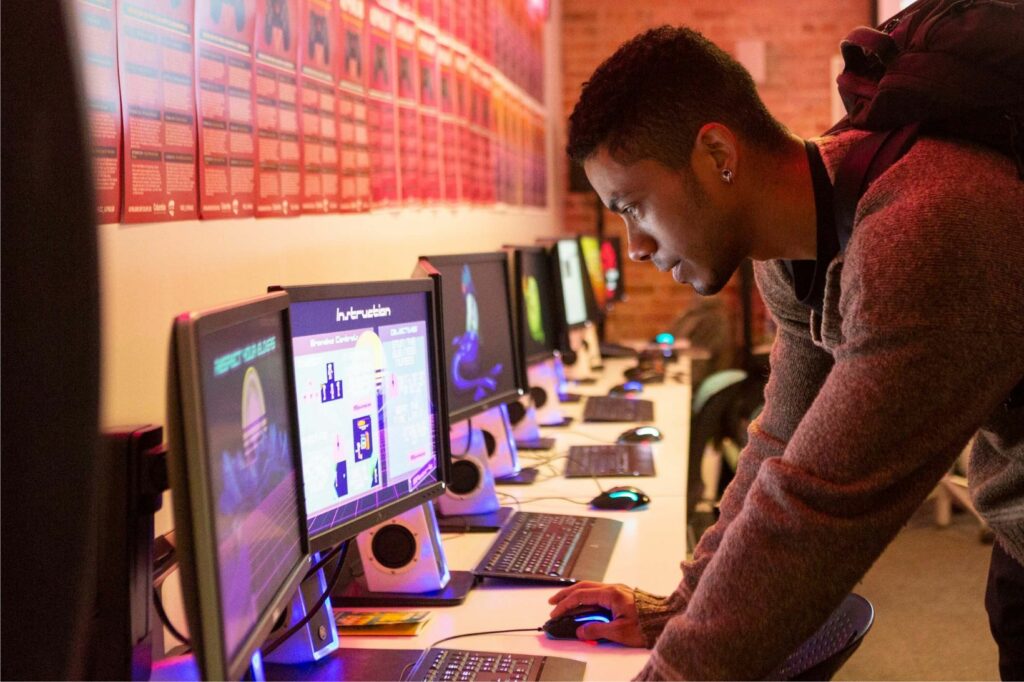In the dynamic world of game development, player feedback has become an invaluable resource. It’s a catalyst that drives the evolution of games, shaping them into experiences that resonate with the audience.
The influence of player feedback isn’t just about fixing bugs or tweaking controls. It’s a two-way conversation that empowers players to have a say in the games they love, while giving developers fresh perspectives to refine their craft.
This article delves into the profound impact of player feedback on game development. It explores how developers harness this feedback to create immersive gaming worlds that captivate and engage their audience. Stay tuned to understand the symbiotic relationship between players and developers, and how it’s redefining the future of gaming.
How Does Feedback of Players Influence the Development of a Game?
Player feedback posits the foundation for improvements in the gaming realm. It’s the raw data that fuels innovation. Recurring routes incorporating player observations are surveys, beta testing, and online community forums.
Surveys and Questionnaires

Surveys and questionnaires serve as direct sources of player input. These tools evaluate player experiences, collecting comprehensive data on gameplay issues, graphical preferences, or narrative critique. Developers analyze responses, identifying flaws and areas of improvement. A prime example is Electronic Arts’ annual player survey for its FIFA series. Based on player’s critiques, tweaks were made, notably adjusting the pace of gameplay and enhancing the defensive AI.
Beta Testing
Beta testing represents another pivotal route for gleaning player feedback. It involves releasing preliminary versions of a game for players to test and examine. Valuable insights are garnered during this phase, marking areas needing refinement before the game’s official release. Bungie’s Destiny 2 had a public beta test before its launch, which led to major changes based on the feedback from players such as revamping gameplay mechanics and optimizing the server.
Online Community Forums

Online community forums, where players converse about their gaming experiences, provide a myriad of perspectives on game elements. Developers frequent these platforms, picking up on recurring sentiments and suggestions. For instance, Mojang actively monitors Minecraft community forums. Their engagement has resulted in many player-suggested improvements, illustrating how player’s feedback actively contributes to the game’s evolution.
Analyzing the Feedback
Analyzing play feedback forms a critical phase in game development, translating complex comments into actionable refinements. This process involves identifying prominent themes and prioritizing feedback based on their occurrence and importance.
Identifying Common Themes and Problems
In the initial stage, examining play feedback requires gamers’ observations to identify persistent themes and challenges. Reviews often report distinct patterns, such as software glitches or gameplay mechanics that hinder user experience.
For instance, if numerous gamers remark on an impractical jump in a platform game, it serves as a thematic issue. These recurring concerns help developers spot and address the underlying problems, improving functionality and satisfaction.
Prioritizing Feedback Based on Frequency and Significance

Not all feedback carries identical weight in development decisions. Developers classify feedback considering its frequency and significance. Players might regularly comment on minor issues, like a character’s wardrobe color, or infrequently on crucial matters, such as game-crashing bugs.
For example, if a certain enemy character provides an unreasonably difficult challenge, but only a handful of players mention it, it might not take precedence over addressing a minor issue reported by hundreds. Balancing between the quantity of reports and the seriousness of the issues enables developers to make informed revisions, elevating the gaming experience for a broader audience.
Shaping the Game
Player feedback’s impact on game development can’t be overstated. It’s the engine that drives innovation, as seen in EA’s FIFA series and Bungie’s Destiny 2. It’s a tool that helps developers like Mojang prioritize issues and align their games with player expectations. Yet, it’s not without its challenges – sifting through feedback, catering to diverse preferences, and staying true to the game’s core vision. Bioware’s Mass Effect 3 stands as a testament to this balancing act. So, while player feedback plays a pivotal role in shaping games, it’s the developers’ ability to integrate these ideas without compromising their original vision that truly defines a game’s success.



